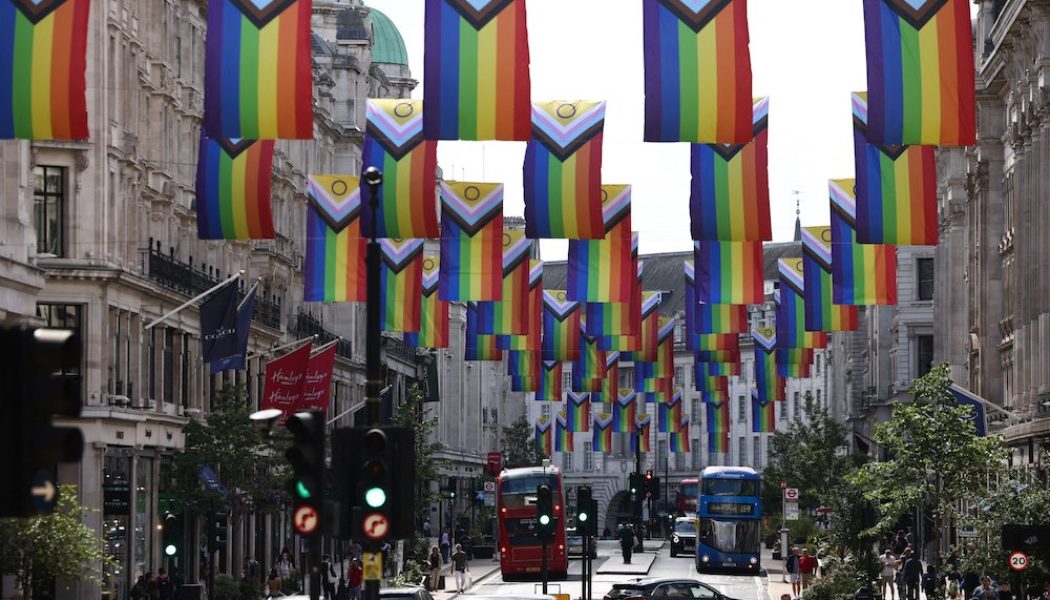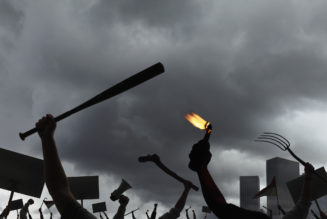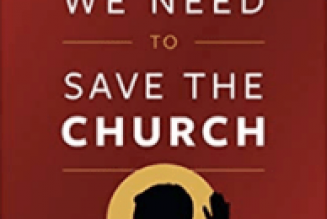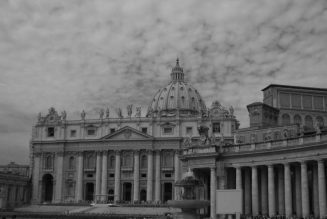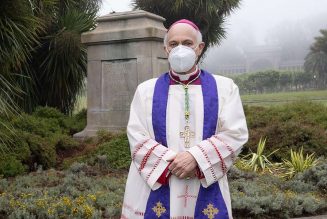As his sixth birthday approached, my younger son made a big noise about it.
His anticipation was so great that he got jolly a week early, counting down each day, reminding everyone that it was “almost” his birthday, and even declaring — many times — that his sibling should be extra nice to him because “my birthday is coming!” When the day finally arrived, we did everything we could to ensure it was all he clearly hoped it would be.
Imagine my surprise, then, when the very next day – with half-spent balloons floating about wearily and the dog helpfully cleaning up stray cake frosting throughout the house — he announced that the celebration should continue because, “It was my birthday yesterday!”
His older brother, fully fed up, rolled his eyes. I understood and tried to let the post-party boy know, as gently as I could, that the world wasn’t actually all about him, and that everyone gets a turn being celebrated. I don’t remember exactly, but I likely said something exceptionally kind and sensitive like, “Kid, read the room and get over it. Someone else’s birthday is today.”
‘Summer of Pride’
The memory resurfaced when I heard U.S. Assistant Secretary for Health Admiral Rachel Levine suggest a celebratory extension of Pride Month, announcing, “Let the ‘Summer of Pride’ begin!”
As the man behind the counter of a Jewish deli once responded to my request for a corned beef sandwich with mayo, “Girly, let’s not.”
Admittedly, “girly” has fallen out of use, but lots of old words are being reclaimed and repurposed, and Levine, being a transgender woman, might even appreciate it. But I digress.
A “Summer of Pride” seems a bit greedy, doesn’t it? As I reminded my son after his birthday (and many times since), “The world is not about you. Other people matter, too, so stop sucking all the oxygen out of the room.”
I have gay family members and have known and loved many who fit beneath the LGBTQ umbrella. I have seen the deep damage that comes from living lives in fear, which has absolutely nothing in common with our notion of human dignity. And the dignity of the human person is an innate gift we Catholics are called to acknowledge and to serve in each other.
As St. Catherine of Siena said in her Dialogue, “Love follows knowledge.” You tell me who you are. I tell you who I am, and that’s where we begin to learn, and eventually to love, in acknowledgement of our shared dignity and our need to live fearlessly and in peace.
Government backing
Having said all that, though, I respectfully suggest that our LGBTQ brothers and sisters take a look around and “read the room.” Because the society that has largely accepted same-sex attracted people and same-sex marriage, and gender fluidity and gay families to a point perhaps never before imagined, is wondering why we need limitless celebrations of sexuality, and growing more than a little wary of instances where activism is pushed to the extreme. The people chanting “we’re here, we’re queer, we’re coming for your children” at some Pride parades may have thought they were being humorously ironic, but the cheek didn’t play well in a nation that is watching legislators attempting to strip parents of their rights to intervene in their children’s care regarding “gender affirming treatment,” either within medical practices or in schools, and in some cases advocating to physically separate children from their “non-affirming” parents for “the health, safety and welfare of the child.”
The outsized advocacy for the medical transitioning of even adolescent children in America is running counter to the pull-back on such practices in most of Europe, where the brakes have basically been applied to the use of puberty blockers and the surgical removal of breasts or gonads for minors. This sort of prudence (and prudence is a virtue) indicates neither “hatred” nor a threat of “genocide” — two words becoming quickly overused, by the way, which will eventually render them impotent.
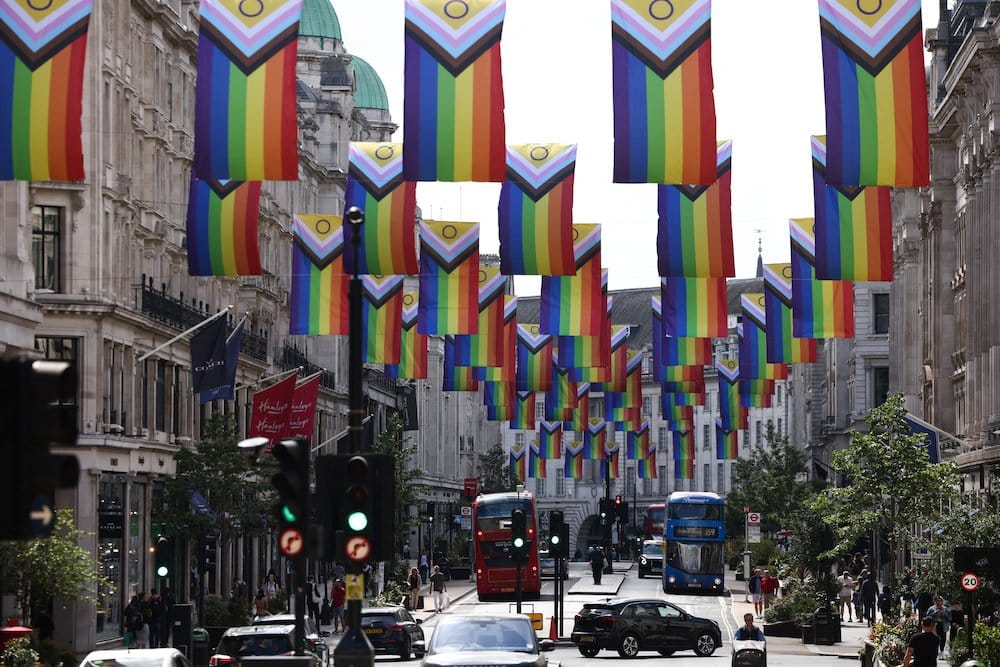
But here’s a thing worth considering: In major cities the ubiquitous rainbow flags weren’t simply being carried or worn by parade marchers — they were being installed by civic interests, and that’s very telling. When scores of Pride flags are fitted in London’s Regent Street, that’s an action being underwritten by a government purchasing the flags and paying the workers who mount them. When a giant rainbow standard hangs front and center at the White House, ditto.
So, it might be time to recognize that “Pride” is no longer a grassroots movement needed to win civil rights and fight oppression. When your government is putting out taxpayer money to participate in a month-long celebration, maybe your worries should no longer focus on being oppressed — at least not in any formal sense. Perhaps worry instead about your movement being overrun by extreme personalities, seemingly intent on repeating what are historically the ugliest instincts of humanity, until you become the oppressors.
